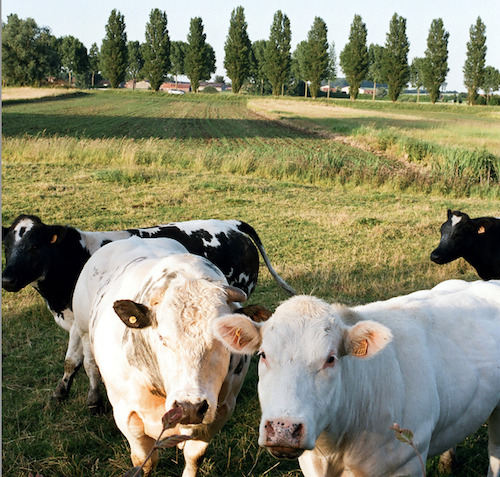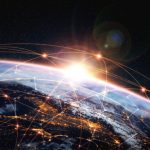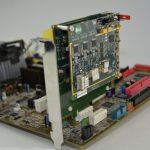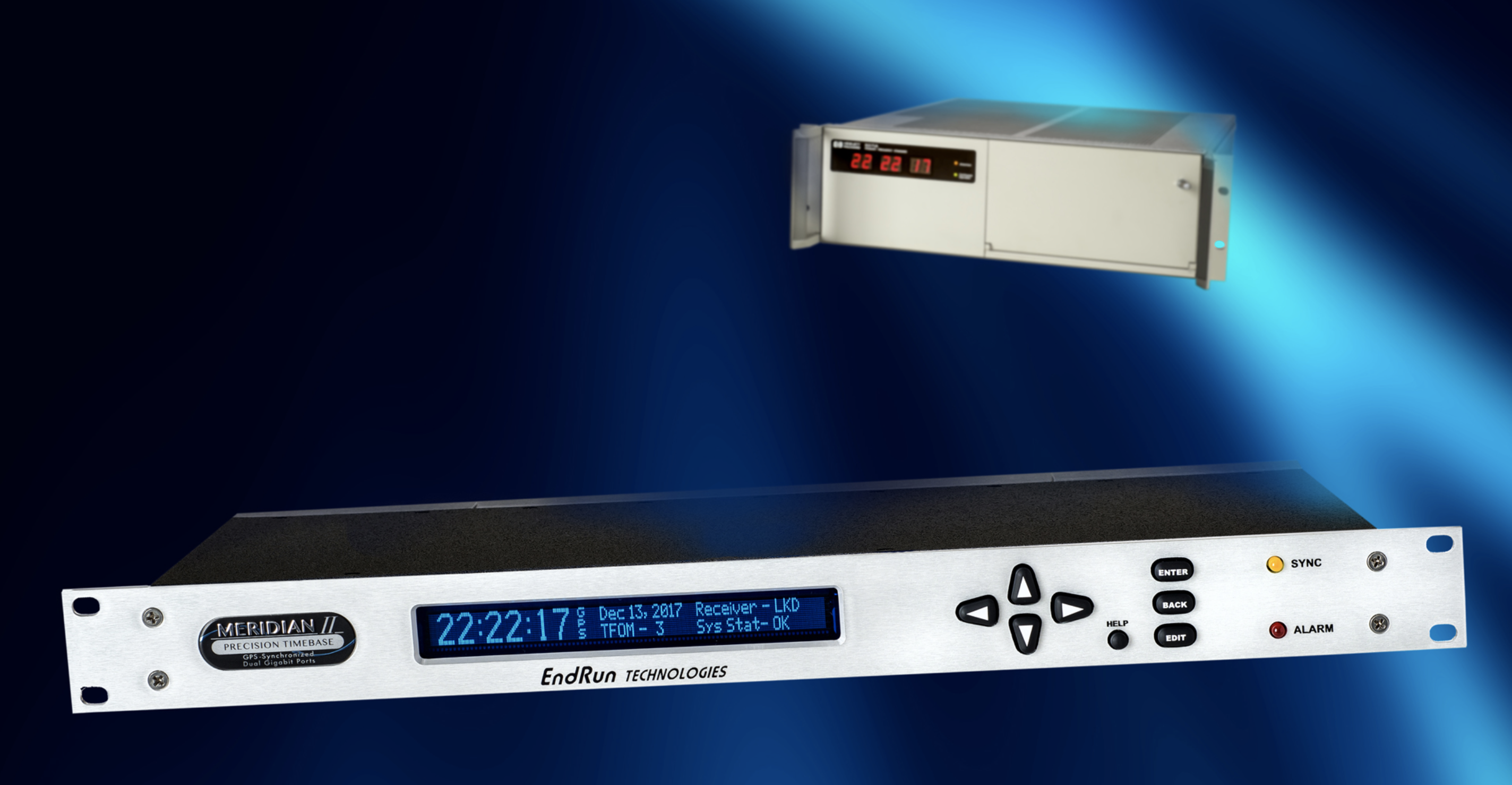2022 saw the launch of a raft of new projects funded by the European Agency for the Space Program (EUSPA), applying space technologies in support of the European Union’s Green Deal. One of these projects, Space4Green, will develop a new software solution integrating Galileo OSNMA signals and Blockchain, to support trusted exchanges among users in agriculture and other sectors.
The new project is coordinated by Integrasys, a Spanish company specialized in engineering and manufacturing in the telecommunication and broadcasting markets. The company has described their proposed solution as a business-to-business (B2B) platform for digital data sharing supporting automated verification of data trustworthiness, including time, position and, through internet of things technologies, asset identity.
EUSPA Project Officer Vojtech Fort told Inside GNSS, “In today’s world, with so many exchanges and transactions going on everywhere and all the time, it’s important to focus on trust between suppliers, partners and customers. These exchanges need to be reliable, precise and agreed upon by all participants.”
Powerful Blend
Blockchain is an exciting and powerful technology being used in more and more areas of activity to enable trusted, automatic transactions. So far, however, it has not been used to incorporate transaction location and time data without human intervention. Under Space4Green, the new Galileo OSNMA (Open Service Navigation Message Authentication), linked to other transaction details via blockchain, will provide authentication of position data.
OSNMA allows users to verify whether the position message is actually sent by a genuine Galileo satellite or by a potentially malicious source. OSNMA is embedded in the Galileo Open Service and is freely accessible to worldwide users.
The Space4Green solution, which will be accessible via smart devices and mobile platforms, will serve a variety of users and provide automated certification that a transaction or exchange has occurred in a specific location and at a certain point in time.
Fort said Space4Green could have a powerful impact on the farming industry, contributing to the European Union’s goal of making agriculture more sustainable and eco-friendly. In combination with Earth observation data, provided notably by the EU’s Copernicus system, the new solution will help farmers and their clients keep track of crop and livestock origins, transactions and movements.
“We want to see, to know if something has been produced in an ecological way,” Fort said. “We want to be sure, for example, that a product that is supposed to be coming from an organic farm has really come from an organic farm. We want to know how long a product has been in transit. Space4Green is focusing on this kind of traceability of products and services.”
Similarly, in the fishing industry, Space4Green could support the monitoring of sustainable practices and ensure adherence to the common fisheries policy, but it will be applicable in all kinds of other sectors as well, where goods and services need to be safely and verifiably exchanged.






